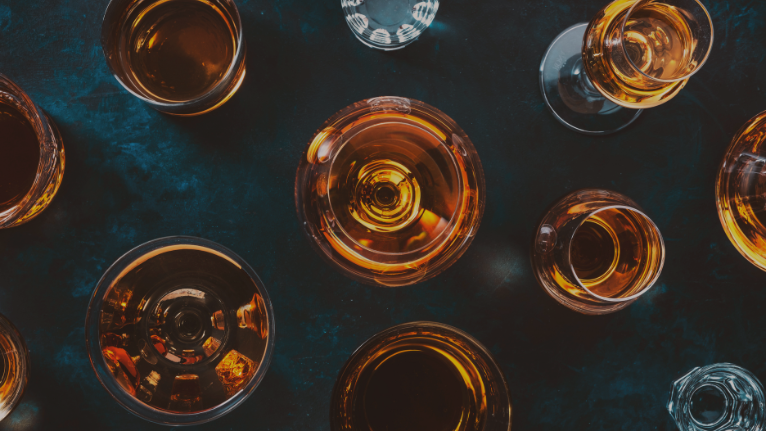
After years of experimentation, 2024 will see a return to classicism for gins (although fruit-flavoured variants are becoming increasingly popular), a boom in artisanal amaros and whisky, and a greater focus on sustainability. These will be the main trends of 2024, according to Antonio Beneforti.
In Italy, gin will continue to maintain its predominant role – a constant trend over the last ten years – thanks to new consumption experiences and the unique stories behind each producer. After a period of exploration with eccentrically flavoured gins, 2024 will mark a return to tradition, to authentic gin that carries the pure taste of juniper, timeless elegance, and a tradition that has influenced the Italian palate. Among the many varieties of gin available, the trend of “gin fruit” emerges strongly. 2024 will allow for the exploration of new nuances of gin and production territories; essential for creating deeper connections with Italian tradition.
Artisanal amaros are experiencing a sales boom: Italians have always had a special bond with amaros, which are typically consumed after dinner as an alternative to grappa or as a way to conclude the meal with a touch of authenticity. These are experiencing an extraordinary period of growth, with the opening of clubs entirely dedicated and innovativa bartenders.
Excellent news is also coming from the world of whisky, a market expanding globally in both production and consumer numbers. New distilleries are emerging in many parts of the globe, and the consumer base is widening, involving even younger people who are beginning to explore this fascinating world. The versatility of whisky is undoubtedly one of the keys to its success; whisky is perfect for being mixed in the most classic and well-known cocktails. The tasting experience of this distilled spirit in its purity becomes the next step, a journey that begins with a well-made cocktail and evolves through the discovery of increasingly complex and profound flavours.
Finally, sustainability is the last trend that will affect the world of spirits in 2024. Today, there are producers who have adopted the “carbon free” approach, using recycled materials for glasses, equipment, and furnishings; and committing concretely to the environment.
Source: Wine News


